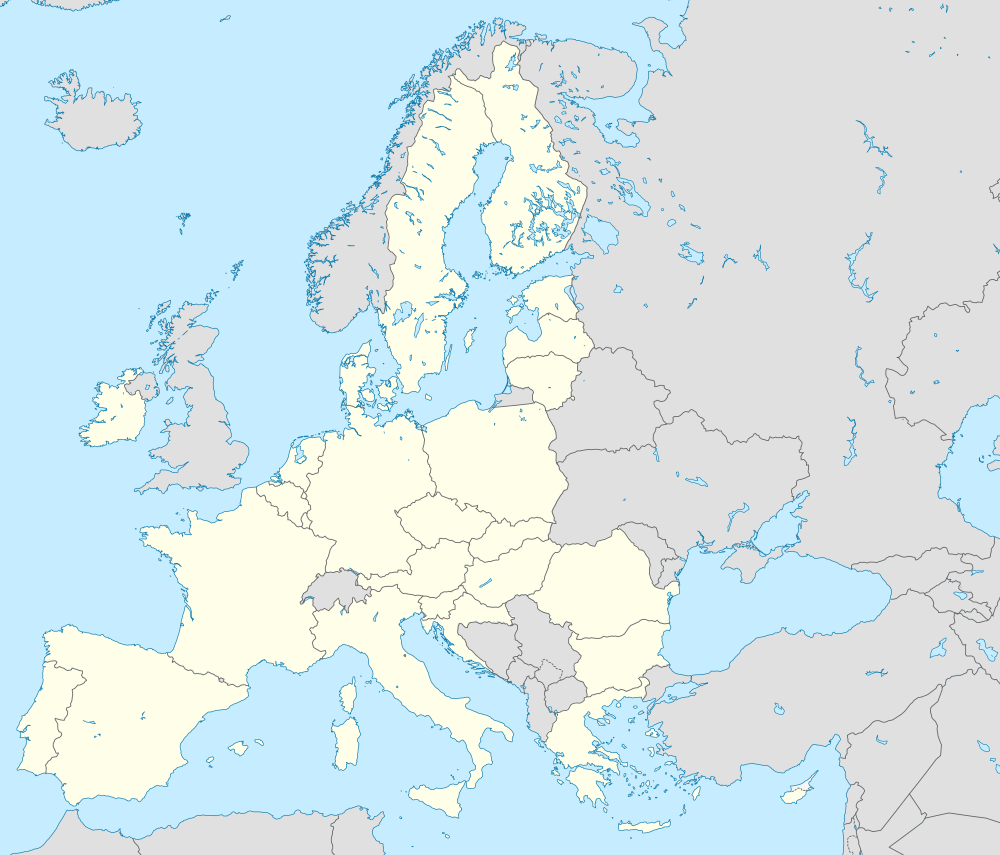| European Youth Capital | |
|---|---|
 Logo of the European Youth Capital | |
| Awarded for | Awarded to a city with innovative ideas, projects and activities that aim to raise up young voices and bring a new youth perspective to all aspects of city life. |
| Presented by | European Youth Forum |
| First award | 2009 |
| Website | Official website |
The European Youth Capital (abbreviated EYC) is a title awarded by the European Youth Forum to a European city annually, designed to empower young people, boost youth participation and strengthen European identity through projects focused on youth-related cultural, social, political and economic life and development. [1] The European Youth Capital is an initiative by the European Youth Forum and is awarded for a period of one year. The first capital was chosen in 2009. Since 2014, the Congress of Local and Regional Authorities of the Council of Europe is an official partner the European Youth Capital title. The current capital for the 2026 calendar year is Tromsø, Norway. [2] It is the northernmost city to ever hold the title, with a programme focused on climate resilience, youth participation in the Arctic, and the inclusion of indigenous Sámi culture.
